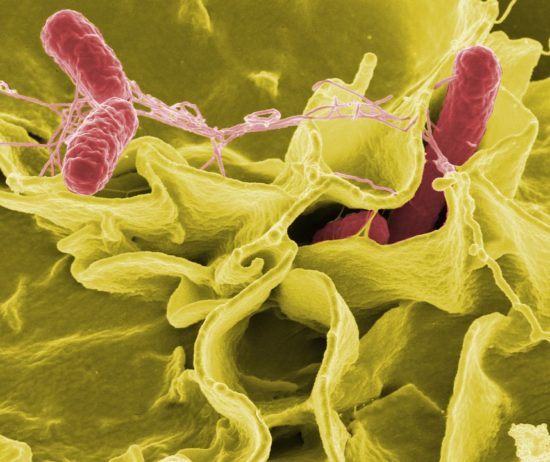Antimicrobial-specific response from resistance gene carriers studied in a natural, highly diverse microbiome
Antimicrobial resistance (AMR) is a major threat to public health. Microorganisms equipped with AMR genes are suggested to have partially emerged from natural habitats; however, this hypothesis remains inconclusive so far. To understand the consequences of the introduction of exogenic antimicrobials into natural environments, we exposed lichen thalli of Peltigera polydactylon, which represent defined, highly diverse miniature ecosystems, to clinical (colistin, tetracycline), and non-clinical (glyphosate, alkylpyrazine) antimicrobials. We studied microbiome responses by analysing DNA- and RNA-based amplicon libraries and metagenomic datasets.
AMR NEWS
Your Biweekly Source for Global AMR Insights!
Stay informed with the essential newsletter that brings together all the latest One Health news on antimicrobial resistance. Delivered straight to your inbox every two weeks, AMR NEWS provides a curated selection of international insights, key publications, and the latest updates in the fight against AMR.
Don’t miss out on staying ahead in the global AMR movement—subscribe now!







